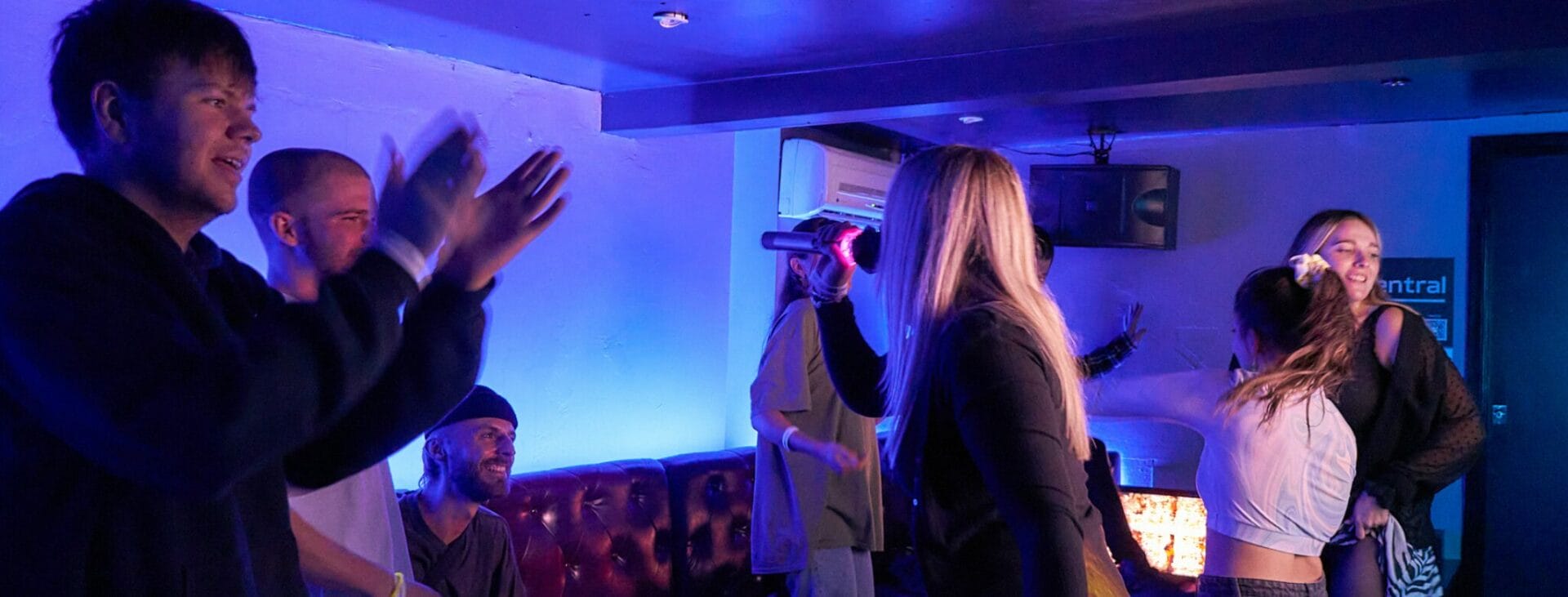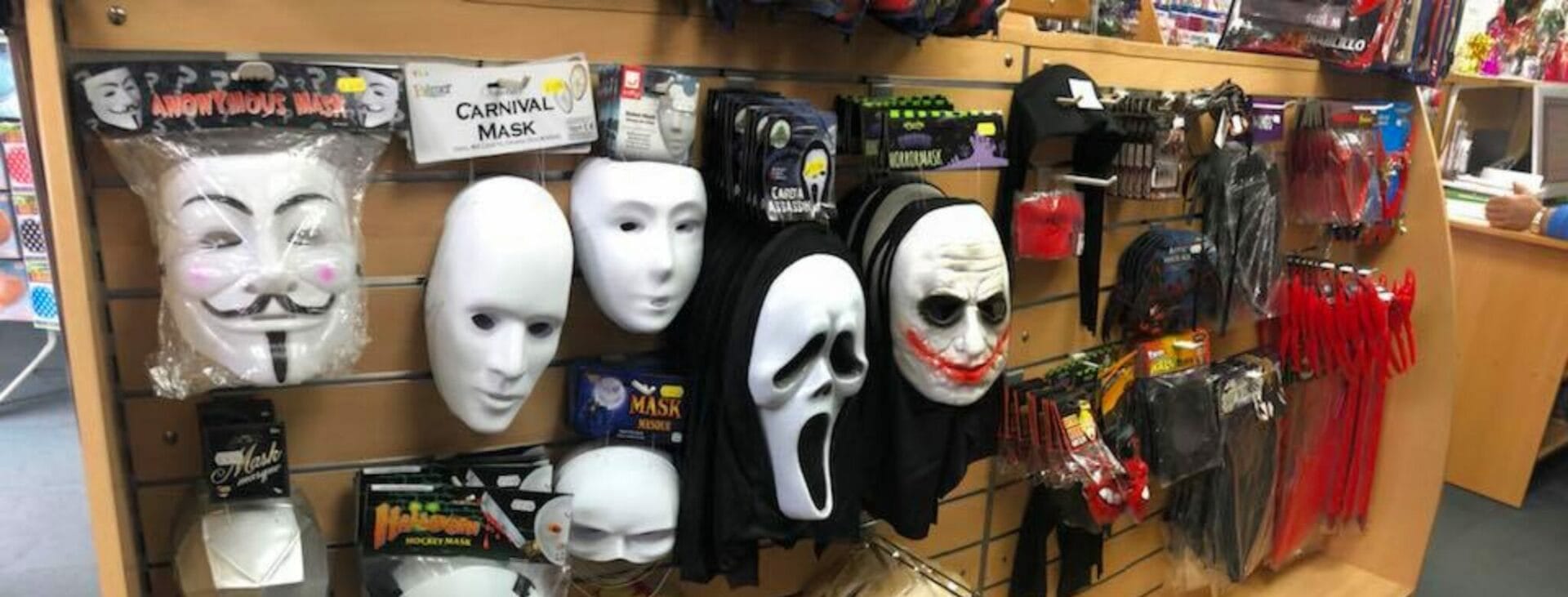On Sunday 21st March, a #KillTheBill protest took place in Bristol, but what was intended to be a peaceful demonstration of the right to protest quickly turned into a violent clash of protestors and police. But what happened?

What was the protest for?
The protest was originally intended to be a socially distanced, peaceful demonstration was for the #KillTheBill movement. It began at 2 pm on the College Green, with around 3,000 peaceful protestors.
#KillTheBill is a movement that has gained traction in the last week or so, following Home Secretary Priti Patel’s new Police, Crime and Sentencing bill. The movement is aiming to ‘kill’ the bill, and make sure it doesn’t get passed through parliament.
There have been #KillTheBill protests across the country in the last week, including large ones in Brighton, Manchester, Liverpool, London, and now Bristol. The rest of the protests have gone relatively well and calmly, with minimal arrest or conflicts.
Why #KillTheBill?
The 307 page long Police, Crime and Sentencing Bill has been suggested by the government and Home Secretary as a way of allowing a “more proactive approach” to intervening in “highly disruptive” protests. This comes after BLM and Extinction Rebellion protests which cost high amounts of money in policing efforts, and Priti Patel’s vocal dislike for the protests.

The bill will, amongst other things, grant Ms Patel the power to create laws to define “serious disruption”. Ultimately leaving the decision of which protests are permitted in her hands. It will also grant the police and government more powers to deal with static protests such as vigils and sit-ins. The laws and regulations being set out will be applicable to demonstrations of any size, even if it is a single person.
There are other issues with the bill too, including the effect it will have on traveller communities, and the sentencing lengths laid out – such as the potential of 10 years prison time for protest-related crimes like the dismantling of statues.
The opposition to the bill argues that it is a step towards, if not the creation of, a police state. They are angered at the concept of the removal of their free speech and ability to protest. People who oppose the bill are claiming it is a step away from democracy, in a time when the police are already overpowered and not trusted.
What happened at the protest?
The protest began peacefully, according to Avon and Somerset Police. They explained that the protest began peacefully, and that it had been turned violent by a small minority. To be specific, the estimate is that there were around 3,000 peaceful protestors. This then shrunk to 400-500 people when the protest turned violent.

The protest began at 2pm, and by 5.30 pm, there were 300 police on the scene outside the New Bridewell police station. 2 police vehicles were set on fire, 2 police officers have suffered broken bones, 1 has a burst lung, and the police station was attacked, with the windows being smashed and rioters scaling the building.
Footage shows rioters releasing fireworks into the crowd from atop the building, impacting officers and other protestors. The police sent in riot police, mounted police and K9 support to try and disperse the crowd.
What has the response been?
Priti Patel has spoken publicly about the protests, calling those involved “thugs”, and discussing how “unacceptable” the behaviour is. Similarly, the Mayor of Bristol has spoken up, calling the protests “shameful”. He went on to say how “the lawlessness on show will be used as evidence and promote the need for the bill”, rather than convince the government against it.
Unacceptable scenes in Bristol tonight.
Thuggery and disorder by a minority will never be tolerated.
Our police officers put themselves in harms way to protect us all.
My thoughts this evening are with those police officers injured.
— Priti Patel MP (@pritipatel) March 21, 2021
Alternatively, people like Claudia Webbe, MP for East Leicester, tweeted about the protests, saying they were to be expected, and that the government should listen.
Bristol
▪️We cannot restrict civil liberties and remove the right to protest without fallouts
▪️The creeping authoritarianism of the state has repercussions
▪️Attempts to silence women grieving has consequences
Wherever there is people there is power
Government must listen
— Claudia Webbe MP (@ClaudiaWebbe) March 21, 2021
Others in the public eye have spoken about the protests too, such as Ash Sarkar, journalist. She tweeted in a similar mindset to Webbe, and will be interviewed on Jeremy Vine’s radio show to discuss the ‘government’s crackdown on dissent’.
The general public in Bristol have also been asked about the protest. 21-year-old Maria from Cotham spoke to Conor Gogarty about the protests:
https://twitter.com/ConorGogarty/status/1373939557637496833
Similarly, a university student, Rhianna Prewitt, told the BBC that what happened “is a symptom of not allowing organisers to actually properly organise protests and, by doing that, extremists and people who are looking for a riot are going to take advantage to cause chaos.”
Conor, a reporter for Bristol Live, spoke to other members of the public, who said the behaviour was ‘absolutely disgusting’, and counterproductive.





